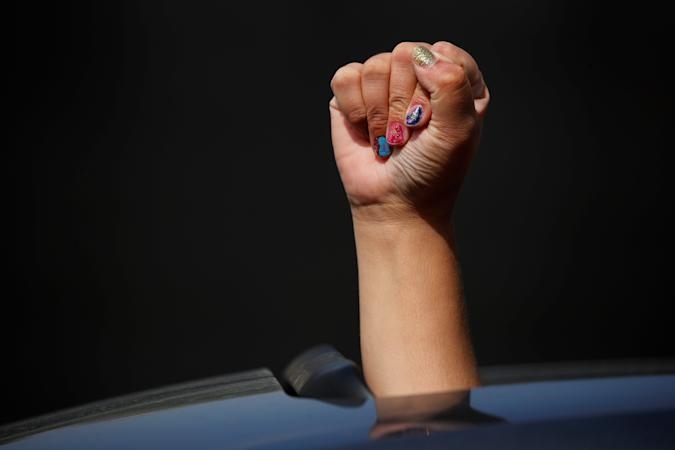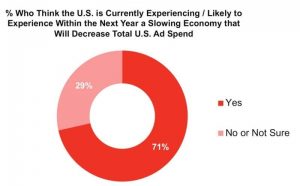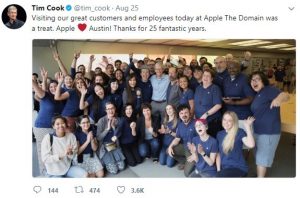Dozens of gig workers have been the victims of homicide
Gig Workers Rising found that death benefits are sometimes nonexistent.


Over 50 gig workers have been killed on the job in the United States since 2017, according to a report released today by Gig Workers Rising. Of that figure, nearly two-thirds (34 deaths) occurred this year and in 2021, which may indicate a worrying upward trend. And often, the companies they contracted for do little to compensate their surviving relatives.
“Based on publicly available data more people are getting killed doing gig work each year. App corporations are not doing enough to protect the workers who make their apps run,” wrote Cherri Murphy, a former Lyft driver and one of the report’s authors in a message.
The report compiled the 50+ incidents from public documents like news stories, social media, fundraising platforms, police reports, court cases and a database maintained by The Markup of ride-hail driver carjackings. It excludes other kinds of at-work deaths such as “fatal traffic accidents or other causes of injury.” And as Gig Workers Rising freely points out, the report is not comprehensive and the “true number is likely to be much greater as gig corporations don’t regularly disclose the number of homicides that occur for people working using their app.”
Among the kinds of incidents that were included in the report were fatal carjackings, armed robberies or hate crimes. In many instances, drivers were killed by their own passengers. This includes the cases of Christina Spicuzza, a 38-year old from Pittsburgh and Abdul Rauf Khan, a 71-year old from Springfield, Virginia, who were both the victims of fatal carjacking incidents. The Wall Street Journal reported that many gig workers have quit due to a spike in violent crimes last year.
In many of the cases, the families of the victims were not compensated, according to the report. This is due to the same loophole that precludes most gig workers from receiving guaranteed minimum wage, employee-sponsored healthcare or other job benefits: their status as supposedly independent contractors.
DoorDash spokesperson Julian Crowley said the company’s occupational accident insurance covers homicides and provides survivor payments of up to $150,000 for eligible dependents. “We were the first national delivery platform to offer occupational accident insurers to Dashers at no cost to them, and with no opt-in or application required, which can support them if they’re injured while providing a delivery on our platform,” Crowley told Engadget.
Instacart provides eligible shoppers with accidental death benefit payments up to $320,000 for eligible dependents. The company also covers burial expenses up to $10,000. “Shopper Injury Protection applies to all U.S. full-service shoppers and includes coverage for certain medical expenses, disability payments, and accidental death benefits,” wrote a spokesperson for Instacart in a statement.
“Since day one, we’ve built safety into every part of the Lyft experience,” spokesperson Gabriela Condarco-Quesada told Engadget. “We are committed to doing everything we can to help protect drivers from crime, and will continue to take action and invest in technology, policies and partnerships to make Lyft as safe as it can be.”
Uber, Instacart and Postmates did not respond to requests for comment prior to publication.
While the laws regarding worker death benefits vary greatly from state to state, at minimum they often provide some amount of money for funeral expenses; in New York state, surviving family members are entitled to “two-thirds of the deceased worker’s average weekly wage for the 52 weeks prior to the accident.”
“My sister lost her life over a Lyft trip that totaled to be 15 dollars and really only totaled that because it wasn’t stopped at the time of arrival but more so after her death,” said Alyssa Lewis, whose sister Isabella was killed while on the job last year. “Fifteen dollars that she couldn’t even take with her when losing her life for it.”
“App corporations are not doing enough to protect the workers who make their apps run,” Gig Workers United told Engadget. “Instead, the bedrock of their model is to offload risk onto workers.”
(20)







